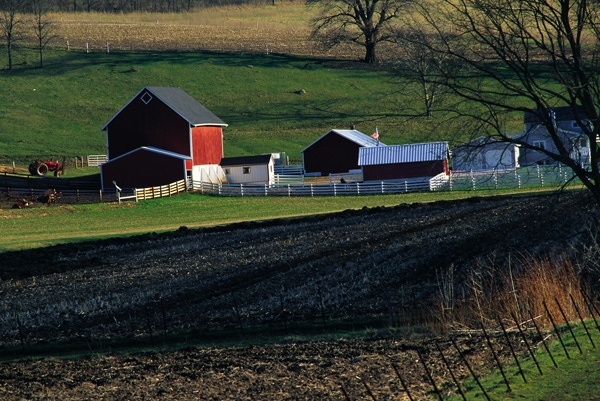
Making a living in agriculture comes with a barnload of unknowns: What’s the weather going to do? How will insect or disease pressure affect productivity? Will the price of cotton in China affect U.S. markets?
Add to those another big question mark: What’s the future of estate tax obligations?
That unknown might not affect decisions for the coming crop year, maybe not for crop years in the foreseeable future. But the two big absolutes in life — death and taxes — will influence what future generations can do with the family farm.
“If an existing farm or ranch family has not adequately planned for succession, the USDA says ‘it is more likely to go out of business, be absorbed into ever-larger farming neighbors, or be converted to non-farm uses,’” says Rob Gunther, CPA and partner at Frost PLCC, certified public accountants, Little rock, Ark.
He told attendees at the Beef Financial Management Conference in Amarillo that the impact of not taking estate planning seriously can be significant not only for farm families, but for rural communities and the long-term well-being of U.S. agriculture.
Currently, Gunther says, estate/gift/GST taxes for 2010 and 2011 preserve provisions in the 2010 estate tax repeal, with a $5million exemption, a 35 percent top tax rate, unused exemption portability (if a spouse is deceased the surviving spouse retains the exemption). “But the future is still uncertain,” he says.
For now, the tax relief act is set to expire Dec. 31, 2012, with estate taxes reverting to 2001 levels. Exemption drops to $1 million and the top tax rate increases to 55 percent.
Farmers and ranchers should prepare for change, Gunther says. The first chore should be to determine the value of the estate and then see what the tax liability will be under various scenarios, including the current exemption and the liability if the tax reverts to 2011 levels in 2013.
On an estate of about $25 million, under the current system, Gunther notes, if a producer does nothing to manage estate taxes, he would owe a bit more than $5 million. If the estate tax reverts to 2011 levels and the producer does nothing to protect assets, the liability would be nearly $13 million.
Other questions producers need to consider include: what will be the timeline needed to get an estate in order, and what do owners need to consider prior to Dec. 31, 2012?
Taking advantage of current gift limits — $5 million versus $1 million after Dec. 31, 2012 —could benefit some farm or ranch owners, Gunther says.
He advises producers to sit down with tax lawyers or accountants and review their options. Doing nothing should not be one of the options.
About the Author(s)
You May Also Like






